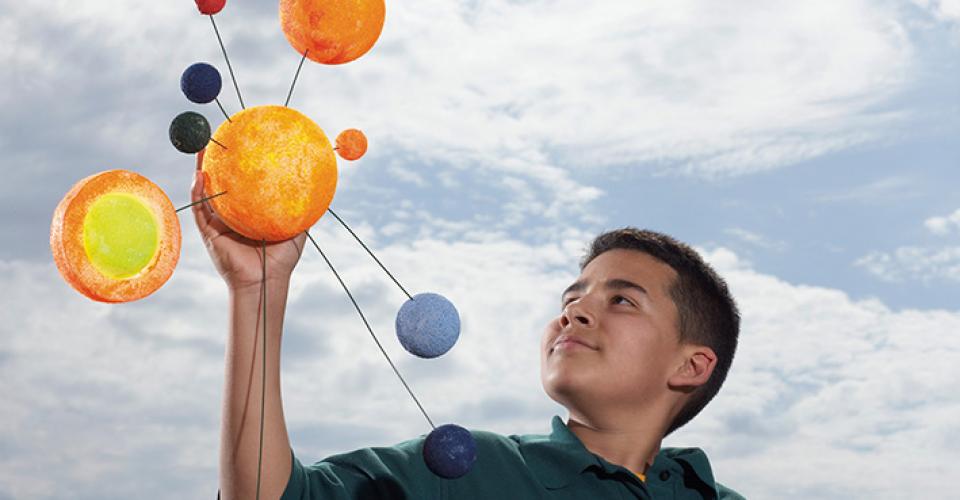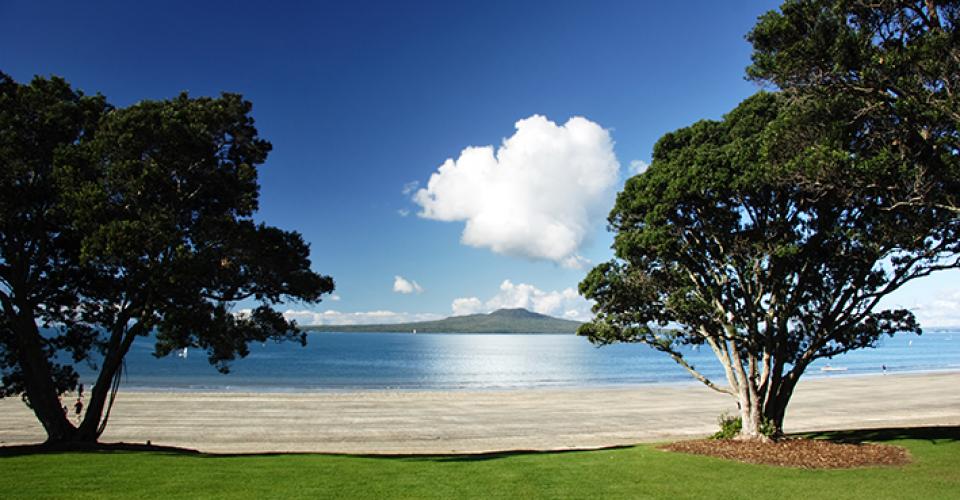A passion for sharing scientific thinking
12/02/2014MATT NICOLL describes how he found his niche as a science teacher.
 Hi Matt. How do you describe what you do?
Hi Matt. How do you describe what you do?
I teach chemistry and science at St Andrew’s College in Christchurch, and I’m also the Year 9 Dean there.
I have developed a variety of ways to integrate technology into my profession. These primarily include using blogs and videoing of lessons to keep students up-to-date, using twitter and blogs/online communities to share ideas and for ongoing professional development, and helping facilitate the introduction of Moodle as our learning management system.
I’m involved in ongoing collaboration (primarily via #edchatnz on Twitter) with other educators to find and share ways to make the learning experience more authentic for my science and chemistry students and to enthuse them in the magic of science.
I see my job as being to promote students’ passion and curiosity in science; to encourage students to see science as a way of thinking rather than simply a body of knowledge, to encourage students to think critically about the world around them, and of course, to prepare students to reach their potential in assessments.
What led to your particular interest in science education?
I honestly don’t know why I gravitated towards science. At school, I liked how there were “right” answers and I enjoyed doing experiments. I also had a couple of very inspirational teachers. I love the ‘scientific method’ as a way of trying to explain the wonders of the world around us and to critically assess claims.
I chose to be involved in science education after being involved with supervising undergraduate laboratories at University of Canterbury. This decision was vindicated after only a few years of teaching, as I felt I had definitely found my niche.
What have been some of your career highlights?
One of the biggest buzzes I got was not actually to do with my students, sadly; it was seeing my two favourite science teachers from Timaru Boys’ High School in the audience of a seminar I co-presented at UC. I had been asked to help present about SOLO Taxonomy to Canterbury Schools’ Heads of Science, and there listening to me were my favourite science teacher and my favourite chemistry teacher!
My biggest highlight regarding my students have included the first time I mentored a student to an NZQA Scholarship in chemistry, and in more recent years, the success of my students in the Chemistry Olympiad Selection Examination.
Attending ULearn Conferences and ICOT2013 have been huge highlights as they have transformed my teaching philosophy. Cultural trips to Norfolk Island and French trips to New Caledonia and France have also been major highlights.

Were you interested in science at school, and what was your academic path after school?
I was very interested in the sciences at school, although I also loved history. I was better at mathematics, but as a student, struggled to see the importance of it. When my calculus teacher started explaining concepts in terms of physics, it all started to make sense. I guess you could say that the sciences just suited the way my mind worked.
My father was a chemical engineer who designed wool scours and commissioned them all over the world. I will always credit him with instilling the scientific method and critical thinking as core parts of my psyche.
I attended University of Canterbury from 1995 to 1998. I started off trying to balance a BE and BSc, but had no passion at all for physical systems or calculus. I did find a real interest in biochemistry and microbiology, particularly in antibiotics. I loved genetics but found it too abstract and complicated to achieve good grades in. In 1997, I completed my BSc in Biochemistry with a very mediocre B average. I had not yet really found my “calling”. In 1998, I started my MSc in Medical Biochemistry. I loved analysing research papers and exploring more cutting-edge ideas and was looking forward to being involved in some research/study work in 1999. However, what I loved even more was assisting with the undergraduate laboratories. I loved helping others. I was starting to find my “calling”.
In 1999 I was at the Christchurch College of Education (now part of UC). I stopped my MSc, leaving UC with a Graduate Diploma in Science. I decided that I wanted to give teaching a go. I was sent on placement in Havelock North, Oxford, and Timaru. I really had found what I loved doing. Putting hours into preparing lessons and learning about concepts I struggled with at school and university no longer felt like work but was very rewarding.
How do you think your job might change over the next five or ten years?
Technology is starting to play an ever-increasing role in education. I think teachers need to keep open-minded to different ways for students to express themselves and this will often necessitate using more and more technology. Differentiation of lessons and tasks is becoming more and more important. However, it is also important to allow students to choose contexts for their learning and to encourage them to connect with their community, so the learning can be more authentic for them. There are probably very big changes afoot for those schools brave enough to accept the challenge. Changes in the layout of learning spaces (classrooms), changes in “traditional” subjects and changes in assessment are already in the works now and I can see them being the signs of 21st Century schooling.

























Post your comment
Comments
No one has commented on this page yet.
RSS feed for comments on this page | RSS feed for all comments